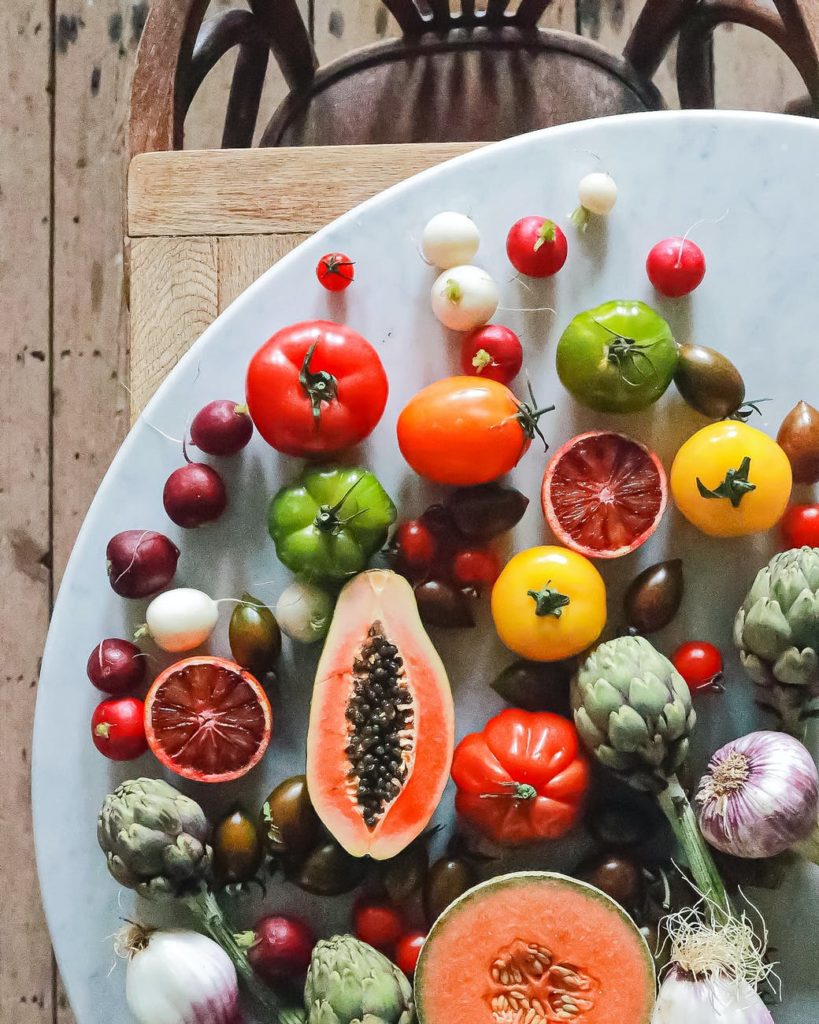Greens could potentially decrease COVID-19 risk
Greens could potentially decrease COVID-19 risk

DISCLAIMER: in no way is this an article to justify not getting vaccinated or not wearing a mask in closed spaces!
At this point, I think most of us can agree that a diet rich in vegetables/fruits is good for your health. But what wasn’t entirely clear was the relationship between nutrition and COVID-19 risk.
From the study results published in the journal Gut 1, it appears that a diet rich in plant-based foods (including vegetables, fruits, nuts and cereal) could not only reduce the likelihood of COVID-19 infection, but also lower the chance of developing severe symptoms once infected.
Scientists on both sides of the Atlantic evaluated data from 592,571 people from the UK and the US who had joined the smartphone-based ZOE COVID-19 Symptom Study. To relate nutrition to disease risk, they created a so-called Plant-Based Diet Score, which they related to both infection risk and severity of symptoms.
The not-so surprising finding was that those with plant-based diets had a 9% lower risk of getting infected by COVID-19 and a 41% lower risk of severe COVID-19 than people with less green-rich diets.
Similar findings had already been published earlier this year 2, showing that in six different countries, people with a diet either including fish or mostly vegetarian had a decreased risk of severe COVID-19.
However, where the present study went one step further was in relating diet quality with socioeconomic status 3. The latter was also shown to increase the risk for COVID-19, but it turns out that both a free-poor diet and low socioeconomic status increase the risk beyond the summation of those two independent factors.
Therefore, it seems that socially disadvantaged people might benefit most from improving their diets, at least with respect to COVID-19. However, I think that the biggest difficulty in trying to assure a “healthy” diet in case of socioeconomic deprivation is access. Healthy food is more expensive than junk food, and governments should consider investing in improving the nutrition of those disadvantaged people, not only for humanitarian reasons, but also as an investment opportunity to save medical costs.
Meanwhile, I am going to prepare lunch and make sure to include another greenie. Just in case.
References
- , et al (2021) Diet quality and risk and severity of COVID-19: a prospective cohort study
- , et al (2021) Plant-based diets, pescatarian diets and COVID-19 severity: a population-based case–control study in six countries doi: 10.1136/bmjnph-2021-000272 ↩
- Nazir I Lone et al (2021) Influence of socioeconomic deprivation on interventions and outcomes for patients admitted with COVID-19 to critical care units in Scotland: A national cohort study The Lancet Regional Health – Europe doi: 10.1016/j.lanepe.2020.100005 ↩